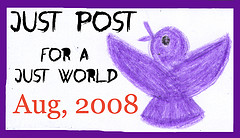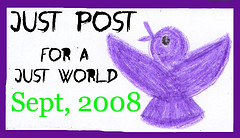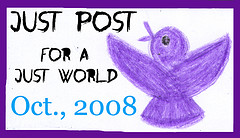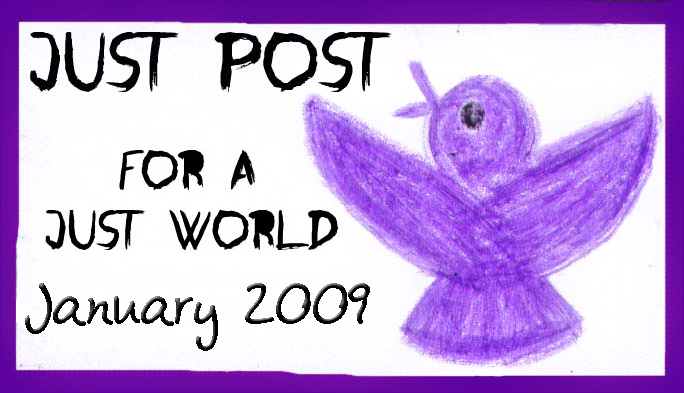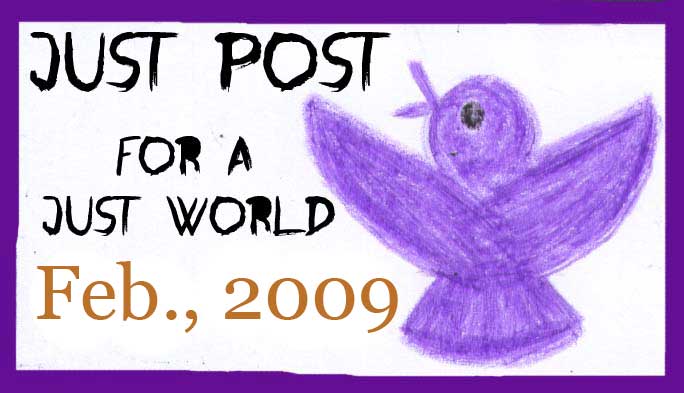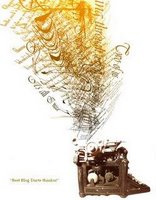It’s World AIDs Day. A day to remember a terrible virus that preys on the marginalized, impoverished, and powerless.
And here’s a thought.
We’ve tracked early cases of AIDs to Europeans decades before (and in Americans at least a decade before) those curious cases of Kaposi Sarcoma started popping up en masse in 1981. So what was it about those cases, in particular, that caught the attention of the CDC? Why had we missed it for so long before?
It was because of who had them: men with access to medical care at established institutions, seeing practitioners who had connections to the CDC. Regular medical care gave them a history of wellness so that providers did not assume them to be chronically unwell, therefore noting when sudden and rare illnesses and common infections flared to cause a seemingly quick death. Who were those previous cases? The ones long before the 1980s? These AIDs-related deaths were among the homeless, addicted, or destitute. People who did not have access to ongoing care or practitioners with CDC connections and who are perceived to be in ill health as a constant state. These are people among whom odd infections and illnesses do not seem out of place, so why would anyone care? Why would treating them, observing wellness, or tracking their illnesses matter?
Let’s imagine for a moment if, back in the early 70s, we had a health system where anyone could have received basic preventative medicine. Where even if one was homeless, or impoverished, or an addict — that they had a provider with a sense of this person’s overall wellness so that if something unusual occurred, they would have had a chance of recognizing it. And what if some provider did begin to question the incidence of unusual combinations of sarcomas and other opportunistic infections — and pointed it out to the CDC — in the early 1970s?
Consider, for a moment, if this would have happened. We would have had possibly as much as 10 years lead time on this crushing epidemic. We wouldn’t have incorrectly labeled AIDs as a disease of gay men and instead, may have seen it as it is: a disease which prays on the marginalized and disempowered. Ten years and a more correct assessment of one of the (if not the) world’s greatest health threats. That was what was at stake. If these things had occurred, perhaps we wouldn’t even have a World AIDs day today, because we wouldn’t need one.
So in honor of the day, consider the importance of health as a human right, not a privileged award. Advocating for the diseases of today means also advocating for the health of the most vulnerable. Consider what could be at stake…?
